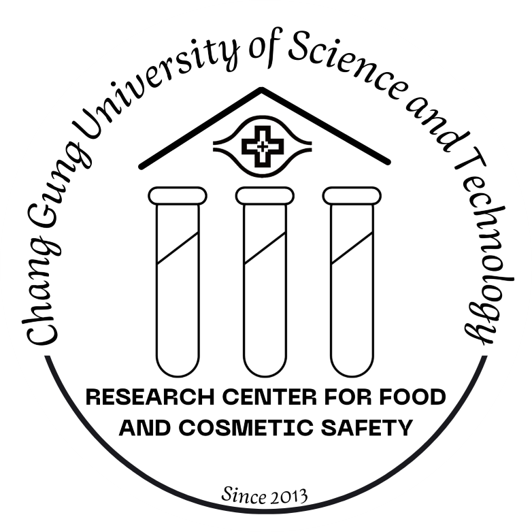Formation and Inhibition of Heterocyclic Amines and Polycyclic Aromatic Hydrocarbons in Ground Pork during Marinating
合作單位:輔仁大學
期刊:Foods
11(19).jpg)
Abstract
This study aims to simultaneously extract heterocyclic amines (HAs) and polycyclic aromatic hydrocarbons (PAHs) from ground pork for respective analysis by UPLC-MS/MS and GC-MS/MS, and study the effects of different flavorings and marinating time length on their formation and inhibition. Results showed that both HA and PAH contents followed a time-dependent increase during marinating, with HAs being more susceptible to formation than PAHs. The total HA contents in unmarinated pork and juice was, respectively, 61.58 and 139.26 ng/g, and rose to 2986.46 and 1792.07 ng/g after 24-h marinating, which can be attributed to the elevation of reducing sugar and creatinine contents. The total PAH contents in unmarinated pork and juice were, respectively, 34.56 and 26.84 ng/g, and increased to 55.93 and 44.16 ng/g after 24-h marinating, which can be due to the increment of PAH precursors such as benzaldehyde, 2-cyclohexene-1-one and trans,trans-2,4-decadienal. Incorporation of 0.5% (w/v) cinnamon powder or 0.5% (w/v) green tea powder was effective in inhibiting HA formation with the former showing a more pronounced effect for marinated pork, while the latter was for marinated juice. However, their addition was only effective in inhibiting PAH formation in marinated pork. Principle component analysis revealed the relationship between HA and PAH formation in ground pork and juice during marinating.
Keywords: heterocyclic amines; polycyclic aromatic hydrocarbons; marinated pork; UPLC-MS/MS; GC-MS/MS; QuEChERS; principle component analysis
.

